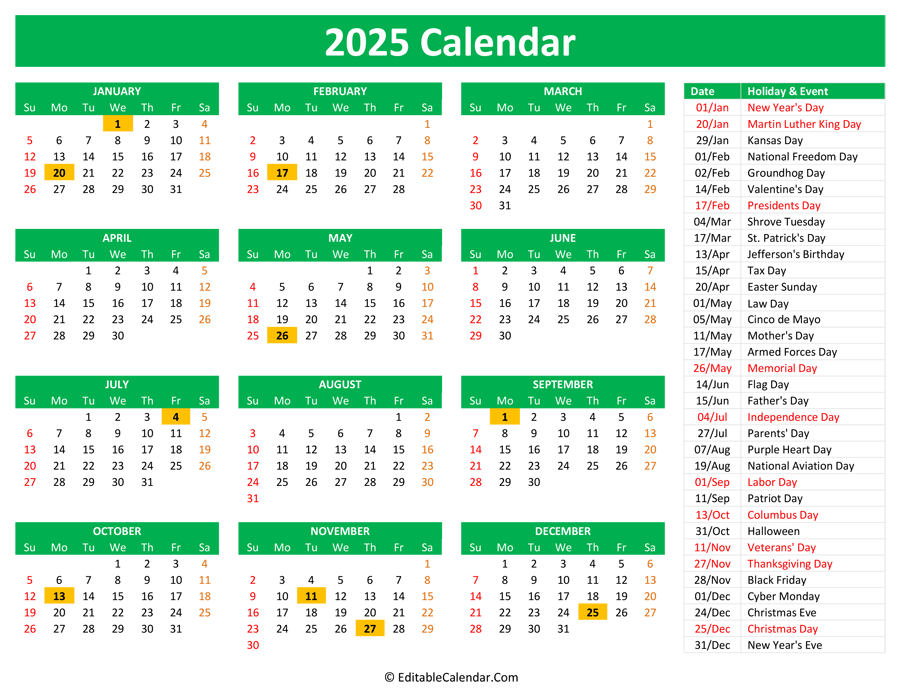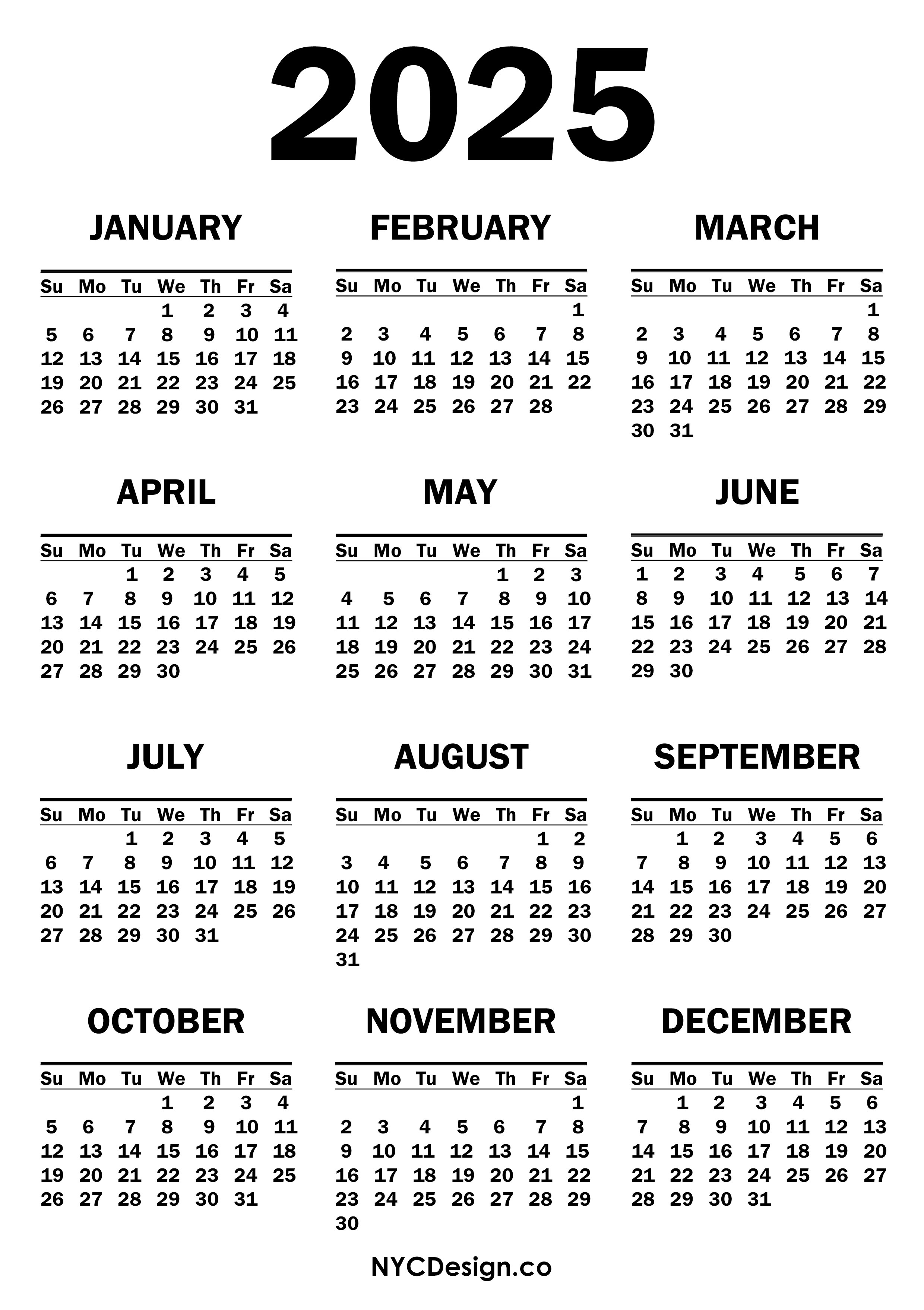Navigating The World: A Comprehensive Guide To International Holidays In 2025
Navigating the World: A Comprehensive Guide to International Holidays in 2025
Related Articles: Navigating the World: A Comprehensive Guide to International Holidays in 2025
Introduction
With great pleasure, we will explore the intriguing topic related to Navigating the World: A Comprehensive Guide to International Holidays in 2025. Let’s weave interesting information and offer fresh perspectives to the readers.
Table of Content
Navigating the World: A Comprehensive Guide to International Holidays in 2025

The world is a tapestry of diverse cultures, each woven with unique traditions and celebrations. Understanding these celebrations, particularly through the lens of international holidays, offers a window into the heart and soul of different nations. This guide aims to provide a comprehensive overview of international holidays in 2025, highlighting their significance and offering practical insights for travelers and global citizens alike.
The Importance of International Holidays:
International holidays serve as more than just days off from work or school. They are integral to:
- Cultural Preservation: These celebrations act as living testaments to historical events, religious beliefs, and cultural practices, ensuring their continued relevance across generations.
- Global Understanding: By engaging with diverse holidays, individuals gain valuable perspectives on different cultures, fostering empathy and promoting intercultural dialogue.
- Economic Impact: Many holidays drive tourism, contributing to the economic prosperity of various regions.
- Social Cohesion: Shared celebrations bring communities together, strengthening bonds and fostering a sense of belonging.
Understanding the Calendar:
While this guide cannot list every single international holiday, it aims to highlight significant celebrations across various regions and cultural contexts. The information provided is based on current knowledge and may be subject to change. It is crucial to consult official sources for the most accurate and up-to-date information.
Global Highlights:
January:
- New Year’s Day (January 1): Celebrated worldwide, this day marks the beginning of a new year, often associated with resolutions and fresh starts.
- Chinese New Year (January 10): Falling on the new moon between January 21st and February 20th, this vibrant festival celebrates the arrival of spring and is marked by traditional feasts, lion dances, and red envelopes.
- Martin Luther King Jr. Day (January 19): Observed in the United States, this holiday honors the life and legacy of the civil rights leader, promoting equality and social justice.
- Australia Day (January 26): Celebrated in Australia, this national holiday commemorates the arrival of the First Fleet in Sydney Cove in 1788.
February:
- Valentine’s Day (February 14): This romantic holiday is celebrated globally, focusing on love, affection, and appreciation for loved ones.
- Presidents’ Day (February 17): Observed in the United States, this holiday honors the birthdays of George Washington and Abraham Lincoln, two prominent American presidents.
- Mardi Gras (February 21): Celebrated primarily in New Orleans, this colorful festival is known for its parades, costumes, and revelry, signifying the beginning of Lent.
March:
- International Women’s Day (March 8): This global day celebrates the social, economic, cultural, and political achievements of women, advocating for gender equality.
- St. Patrick’s Day (March 17): Celebrated worldwide, particularly in Ireland, this holiday commemorates the patron saint of Ireland, featuring parades, green attire, and traditional Irish music.
April:
- Easter (April 12): This Christian holiday celebrates the resurrection of Jesus Christ, marked by church services, Easter egg hunts, and family gatherings.
- April Fools’ Day (April 1): This lighthearted day is marked by pranks and jokes played on friends and family, fostering a sense of humor and playful camaraderie.
- Ramadan (April 2): This Islamic holy month is observed by Muslims worldwide, marked by fasting from dawn to dusk, prayer, and reflection.
May:
- May Day (May 1): This international holiday celebrates labor and workers’ rights, often marked by parades and protests.
- Mother’s Day (May 10): Celebrated in many countries, this holiday honors mothers and motherhood, expressing gratitude and appreciation for their love and care.
- Memorial Day (May 25): Observed in the United States, this holiday commemorates the sacrifices of fallen soldiers, honoring their service and memory.
June:
- Father’s Day (June 14): Celebrated in many countries, this holiday honors fathers and fatherhood, expressing gratitude for their guidance and support.
- Eid al-Fitr (June 4): This Islamic festival marks the end of Ramadan, celebrated with feasts, prayers, and family gatherings.
July:
- Independence Day (July 4): Celebrated in the United States, this holiday commemorates the signing of the Declaration of Independence, marking the birth of the nation.
- Canada Day (July 1): Celebrated in Canada, this national holiday commemorates the unification of Canada in 1867.
August:
- Eid al-Adha (August 1): This Islamic festival commemorates the willingness of Prophet Abraham to sacrifice his son, marked by prayers, animal sacrifices, and feasts.
- Independence Day (August 15): Celebrated in India, this holiday commemorates India’s independence from British rule in 1947.
September:
- Labor Day (September 7): Observed in many countries, this holiday celebrates the contributions of workers and the labor movement, often marked by parades and celebrations.
- Mid-Autumn Festival (September 13): Celebrated in China, Vietnam, and other East Asian countries, this festival honors the harvest moon, featuring mooncakes, lanterns, and family reunions.
October:
- Halloween (October 31): Celebrated worldwide, this holiday is associated with costumes, trick-or-treating, and spooky decorations, celebrating the supernatural and the unknown.
November:
- Diwali (November 12): This Hindu festival of lights celebrates the victory of good over evil, marked by colorful lights, fireworks, and sweets.
- Thanksgiving Day (November 27): Observed in the United States and Canada, this holiday celebrates gratitude and the harvest, featuring traditional feasts and family gatherings.
December:
- Christmas Day (December 25): This Christian holiday celebrates the birth of Jesus Christ, marked by gift-giving, festive decorations, and family gatherings.
- New Year’s Eve (December 31): Celebrated worldwide, this day marks the end of the year, often associated with parties, fireworks, and resolutions for the coming year.
Beyond the Calendar:
While this list provides a glimpse into the global tapestry of celebrations, it is essential to remember that many other holidays and festivals are observed throughout the year, often specific to particular regions or communities. These celebrations may be religious, cultural, or secular, reflecting the diverse traditions and heritage of humanity.
Engaging with International Holidays:
Beyond simply acknowledging these dates, active engagement with international holidays can enrich individual experiences and promote global understanding. This can be achieved through:
- Travel: Exploring destinations during their major holidays offers a unique opportunity to experience cultural traditions firsthand.
- Learning: Researching the history, significance, and customs associated with different holidays provides valuable insights into diverse cultures.
- Participation: Engaging in local celebrations, even through simple acts like attending parades or trying traditional foods, fosters connection and appreciation for different cultures.
FAQs:
Q: What is the purpose of this guide?
A: This guide aims to provide a comprehensive overview of international holidays in 2025, highlighting their significance and offering practical insights for travelers and global citizens alike.
Q: Why is it important to understand international holidays?
A: International holidays provide a window into different cultures, fostering empathy, promoting intercultural dialogue, and contributing to economic prosperity.
Q: How can I learn more about specific holidays?
A: Consult official sources, such as government websites, cultural organizations, and travel guides, for accurate and up-to-date information.
Q: How can I engage with international holidays?
A: Travel to destinations during their major holidays, research the history and customs of different celebrations, and participate in local festivities.
Tips for Travelers:
- Research: Before traveling, research the customs and etiquette associated with the holidays you will be experiencing.
- Respect: Be respectful of local traditions and avoid actions that may be considered offensive or insensitive.
- Engage: Participate in local celebrations, even if it’s just observing from a distance, to gain a deeper understanding of the culture.
- Learn: Try to learn a few basic phrases in the local language to enhance your interactions with locals.
- Adapt: Be prepared for potential disruptions to transportation and services during major holidays.
Conclusion:
International holidays are more than just days off from work or school. They are a powerful reminder of the rich tapestry of human culture, offering opportunities for personal growth, global understanding, and cultural appreciation. By engaging with these celebrations, individuals can contribute to a more connected and inclusive world.








Closure
Thus, we hope this article has provided valuable insights into Navigating the World: A Comprehensive Guide to International Holidays in 2025. We thank you for taking the time to read this article. See you in our next article!